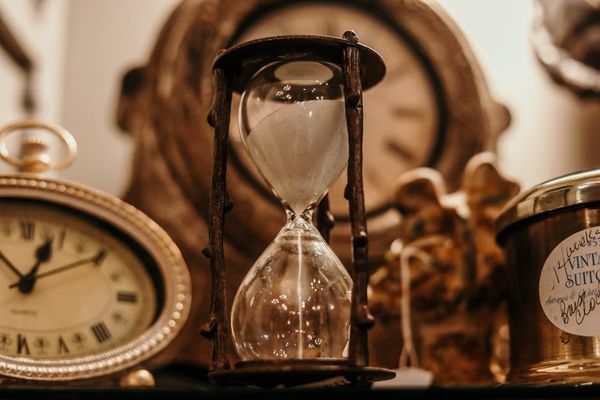“I have been diagnosed with cancer." There is something so powerful as well as disturbing when I think about when I heard that phrase out loud for the very first time. 2 years ago this Christmas Eve was the official date in which I found out about my father’s diagnosis with Acute Myeloid Leukemia (AML). That day and moment will be one that I forever will remember. Being that September is the official month that supports and represents Leukemia, here is some insight and thoughts toward my own personal experience with cancer…
Cancer is cancer…
Documented by the American Cancer Society, to date, there are a total of 75 well known types of cancer. Whether one is introduced with news about a family member or friend with breast cancer, eye cancer or colorectal cancer, nothing is positive about the news. No matter the diagnosis, type of cancer, treatment status, stage, etc., hearing about anyone tackling such a horrendous disease is very difficult and unsettling.
... and it is a horrible thing
Going with my parent to the appointment of his second opinion was very weird to be honest. On one hand, the oncologist seemed hopeful toward the treatment my dad would receive as well as the care from his private practice and local hospitals. On the opposing end, the survival rate, the side effects of his treatment, the amount and type of treatment, the pain he would experience toward procedures and from his cancer too was a hard pill to swallow. My dad, our family and I learned very quickly that this process was all about taking the good with the bad. Before leaving the office that day his oncologist’s final statement was “I can’t promise you anything other than that you seem like a true fighter and I will be here to support you and your family in any way possible”.
Everyone’s experience is different
For both the patient as well as the family, friends, and caregivers, all experiences are very different from one another. Some patients are diagnosed with types of cancer that are highly treatable, have a high survival rate and go onto live many years following their diagnosis. Too, there are patients and families that receive more dangerous types of cancer that are known to be difficult to treat and have a low survival rate. Everyone’s experiences and stories vary. No two patients, family members and caregivers live through the same situation. All individuals that have lived through such an experience have dealt with their own journey.
It is okay to show your emotion
Dealing with any type of emotion during this process can be one the hardest things to handle. Within just one appointment, all emotions toward your patient can change. During those few minutes spent with their oncologist, positive news can be announced just as easy as horrible news. During those particular times as well as all times in which emotion changes, learn to express it! It is so simple to just bottle everything up and not show any expression… Don’t do that! I promise it will do you no good. Instead, learn what works best for you to release all feelings. Whether that may be running, weight lifting, journaling, talking it out with someone, etc., it is crucial you figure out your own technique. It will make all of the difference.
Never hesitate to reach out to someone
As it may not be in your forte to be one to talk with someone about certain things, it is key in this situation to find someone you know you can trust and you feel comfortable talking to. For some people, that person is a friend, family member, professor/teacher, a professional (psychologist/counselor), etc. Someone out there is willing to listen.
Know that you are not alone
In 2016, 1.6 million people were diagnosed with cancer (NIH). That makes for an incredible number of individuals that live with or know someone tackling cancer. I promise you, you are not alone in this journey. So many other individuals found closer to you then you think are dealing with many of the same issues, questions and concerns that you are too. Reach out to them!
Be cautious and preventative of yourself and the ones around you
According to the World Health Organization, 30-50% of cancer cases are known to be preventable. Common ways to be cautious and preventative is by creating a healthy lifestyle in as many ways possible. Well known lifestyle choices that are positive toward your body includes not engaging in tobacco activity, daily physical activity, monitoring your everyday diet, limiting alcohol use, being aware of occupational carcinogens, limiting radiation activity and others too. Self-care is very important. It is never too late to make positive changes for yourself.



















